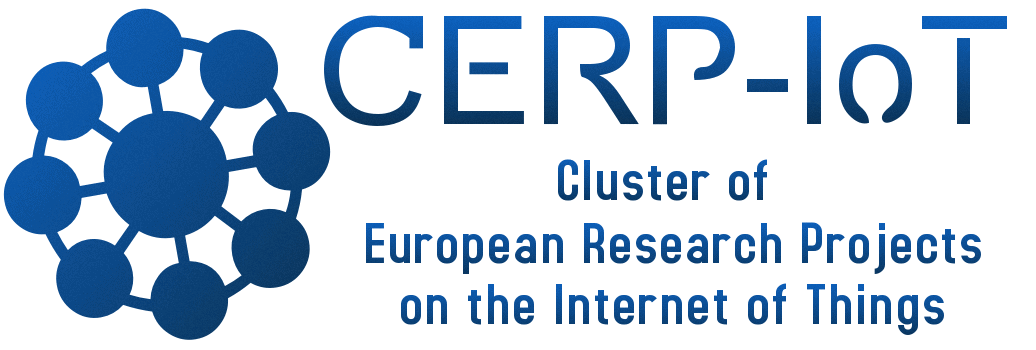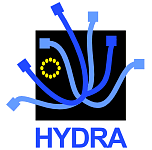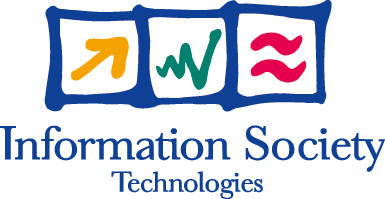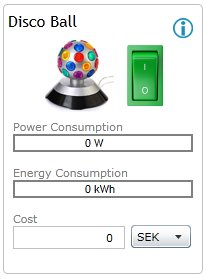- 09 Jun 2007
- Related projects
- 4471 Reads
Full Name: | Enactive interfaces | |
Basic data: | Type of the project: | EU IST FP6 project, Network of Excellence |
| IST SO: | Multimodal interfaces | |
| Project Reference: | 002114 | |
| Launch: | 2004 | |
| Duration: | 48 months | |
| Consortium: | 24 partners from 10 countries | |
| Coordinator: | Scuola Superiore Sant’anna Pisa, Italy | |
Webpage | https://www.enactivenetwork.org/ | |
Description: | Enaction is a form of
interaction realized in the form of sensory-motor responses and acquired
by the act of "doing". It is a form of cognition inherently
tied to actions, capable of directly conveying a non-symbolic form of
knowledge. The objective of the ENACTIVE Network of Excellence is to
join excellent researchers to define and develop reliable solutions for
enactive interaction and overcome the two main bottlenecks of present
Interface Technologies:
The ultimate Network vision is to design a new kind of computerized machines, called Sensible Machines, adapted to our sensory-motor intelligence. Beside Thinking Machines, considered as machines based on language technologies that can perform reasoning, and beside Communicating Machines, intended as machines based on wireless communications and network technologies that allow humans to communicate between themselves, the Sensible Machine plays the role of a third complementary means. It will be a generic interface between the human senses and the external universe, that completes our computerized environments with the aim of rendering them more efficient and human oriented. | |
| Relevance to HYDRA: | An ENACTIVE project proposes the reactive paradigm to design of human-machine interfaces. Reactivity of so-called sensible machines based on direct mapping from sensoric perceptions to actions without the use of symbolic knowledge can be in many cases efficient solution to elementary responses design. | |





 The Hydra project is co-funded by the
The Hydra project is co-funded by the 


